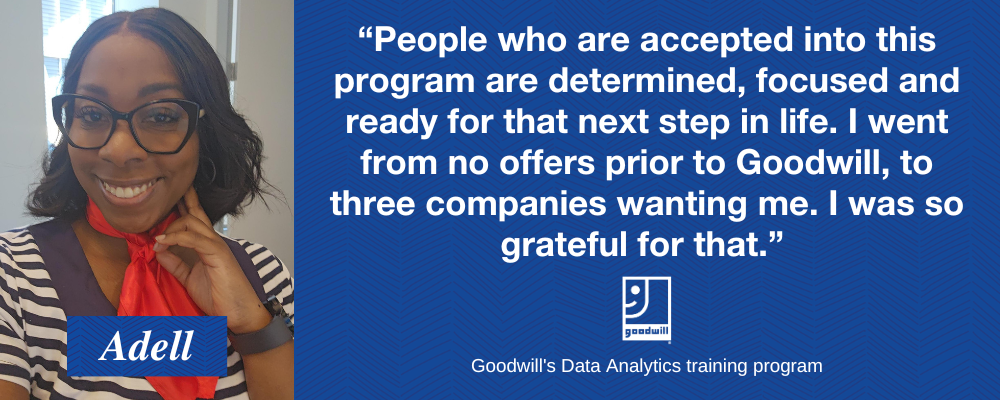Guest post by Melissa Ricker.
Changing careers can be scary. Many people will stick it out in a career they don’t enjoy because they think it’s impossible to change. They think they don’t have any of the skills required in the new field.
The truth is that if you have been out in the working world, you have likely picked up skills that will transfer over to your new career. You do have transferable skills; you just need to figure out what they are and how they can help you make the career transition.
What are Transferable Skills?
Transferable skills are the talents you take from job to job. They are not necessarily specific to one industry or profession. Some skills apply across the board in every career imaginable.
Transferable skills will be both soft skills and hard skills. They will vary depending on your current career and past experience, as well as the career to which you will be transferring.
Identify the Skills Required for the New Career
Take a close look at the career to which you want to transfer. Carefully read the job description of the specific position, as well as common industry descriptions that detail exactly what will be expected of you in the new role. Talk to someone in the industry if you can. Do your research.
What skills or qualifications are needed or desired? Break it down into pieces and make a detailed list of all of the qualities and required skills that will be needed. Include everything from educational requirements to soft skills.
Identify Applicable Skills You Already Have
It doesn’t matter if you are changing from a doctor to a politician, or an engineer to a teacher. Even two careers that seem worlds apart will share many required skills. You will absolutely have skills that transfer over.
Read over your current job description, as well as those from your past. Pick out the skills required that you have already developed. Create a second list similar to your first list. This time, list out all of the skills you already have.
Don’t forget to include applicable life experiences outside the workplace. Do you volunteer? Do you have school experience or a hobby that has developed your skills? Don’t short yourself by only considering your professional history. People develop skills in everything they do.
Skills to Consider
While you are making your skills list, don’t leave anything out. Consider the following areas to find out what skills you already have.
- People skills are required in any job where you will work with people. That is most jobs! Consider your skills in communication, teamwork, teaching, coaching, etc.
- Leadership skills will transfer over to all job positions requiring any type of leadership. Have you been a team lead? Have you run a project where you had to delegate work to others? All of this will show you are capable of running the show.
- Soft skills are important. Are you organized? Are you good at managing your time? Do you work well under pressure? Are you creative? A problem solver? Never underestimate your soft skills. Even the highest paid executives need to be talented in these areas.
- Technical skills also translate across professions. Operating equipment, using computer programs, research skills, data analysis and record keeping all count as technical skills.
Compare your Lists and Find your Transferable Skills
Now that you have both of your skill lists (those required for the new position and those you already have), it is time to see how they compare. Anything that is listed on both lists is a transferable skill. Cross out any skills on your list that you know will not transfer over to your new career. For example, operating a forklift probably won’t help you in a nursing career…but the ability to follow directions, attention to detail and communication skills will.
Once you have your transferable skills identified, it’s time to share them. There are several different ways to communicate your skills to your potential new employer. Resume skills sections and cover letters are a great place to start. Also, as you prepare for an interview, practice describing your transferable skills in the context of the job you want. Keep in mind that you should have an example or two for each skill that you showcase.
Making a jump to a new career can be intimidating, but don’t let that stop you. Never underestimate how the skills and knowledge you have already built up in your own career will help you build a new one.
People change careers every day. In fact, it is becoming a trend in today’s fast-paced society. There is no need to stay in a career you aren’t passionate about. Find your dream career path, identify your transferable skills, and go for it!
Melissa Ricker writes about all things career-related for JobHero, where you can find sample resumes and cover letters, and career advice.








Join the Conversation